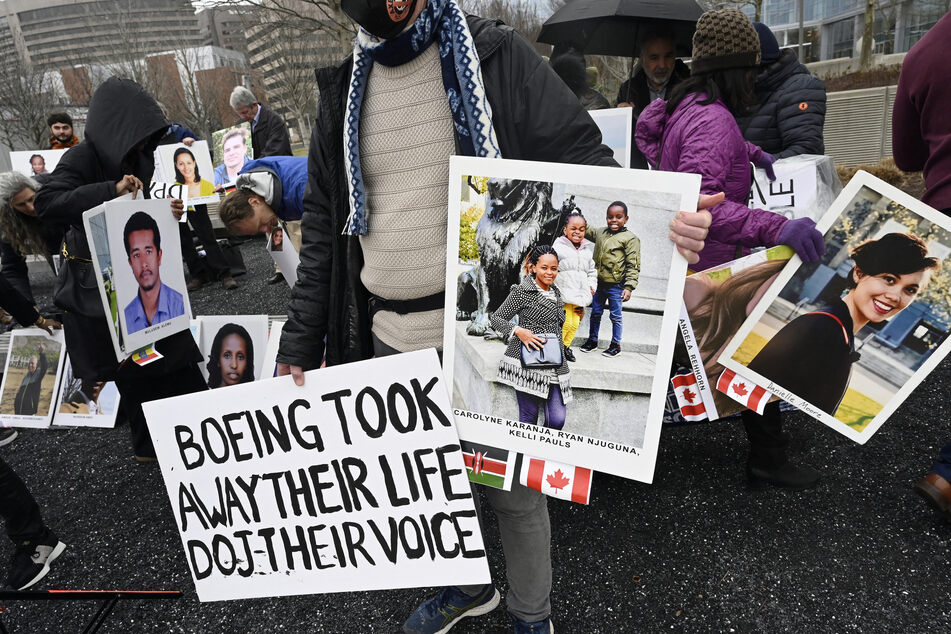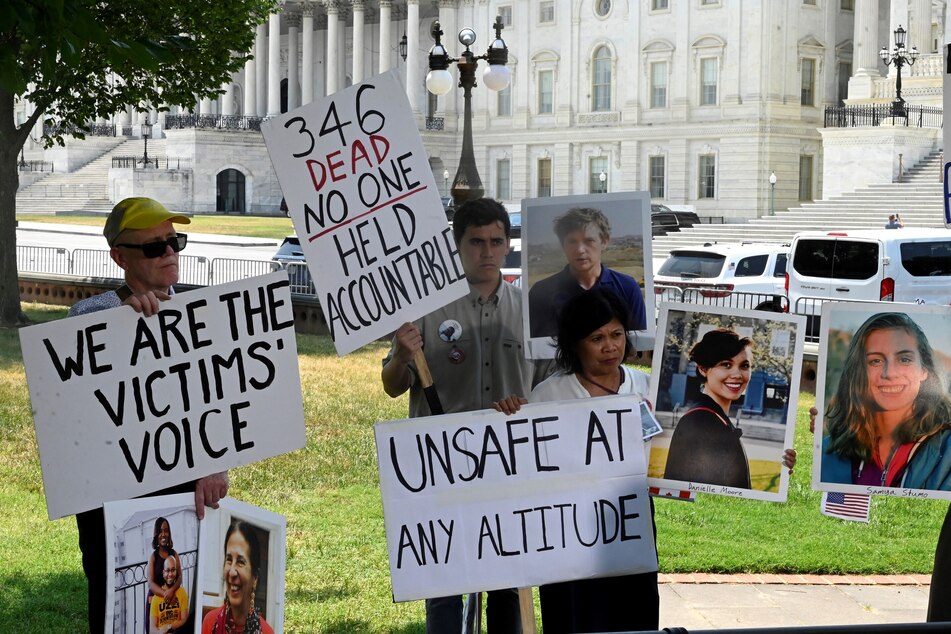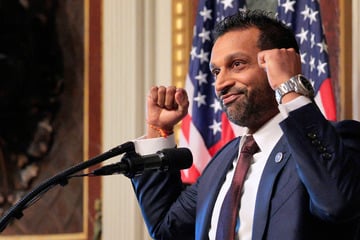Boeing offered shocking "sweetheart" plea deal that leaves victims' families outraged
Washington DC - The US Justice Department has outraged families of the victims of two deadly 737 MAX crashes by offering Boeing a plea deal that will allow it to avoid going to trial for egregious safety failures.

Details of the deal, which requires Boeing to pay a fine and submit to an outside supervisor – but not admit responsibility for the deaths – were given to the families in a two-hour presentation by the DOJ on Sunday, according to Paul Cassell, a University of Utah law professor who represents the families.
He said the families "will strenuously object" to the agreement if Boeing ultimately accepts and it is presented to a judge.
The New York Times recently reported that prosecutors were eying such a deferred prosecution agreement (DPA) – derided as a "sweetheart deal" – but the DOJ said it had not yet made a decision.
In May, the DOJ concluded that Boeing could be prosecuted for violating a previous DPA reached following the two fatal 737 MAX crashes in 2018 and 2019, which killed 346 people.
Under that three-year deal, Boeing agreed to pay $2.5 billion to settle fraud charges related to the certification of the 737 MAX.
But the aviation giant came under renewed scrutiny early this year after a 737 MAX operated by Alaska Airlines was forced to make an emergency landing after a fuselage panel blew out mid-flight.
The January 5 incident brought Boeing's manufacturing processes back into the spotlight, prompting regulator scrutiny, congressional investigations, and a slew of shocking revelations made by whistleblowers.
DOJ under pressure to protect Boeing

The victims' families have repeatedly urged federal prosecutors to bring Boeing to court instead of just reaching another settlement.
But prosecutors also faced pressure not to further hurt Boeing, a company seen as critical to the US aviation industry as well as national security.
In his presentation on Sunday, the lead US prosecutor "admitted there is 'a strong interest' by the families to go to trial, but he repeatedly said that the DOJ couldn't prove charges by a reasonable doubt," Cassell said.
"Families argued over and over for a trial and to allow a jury to make that decision," he said.
Boeing contested the DOJ's conclusions in mid-June, but has recognized the gravity of the safety crisis.
CEO Dave Calhoun, who has agreed to step down later in the year, told a recent congressional hearing that the company is "taking action and making progress."
Ultimately, it will be up to the federal judge in Texas who is overseeing the case to decide if the new DPA goes through.
Cover photo: Collage: OLIVIER DOULIERY / AFP
